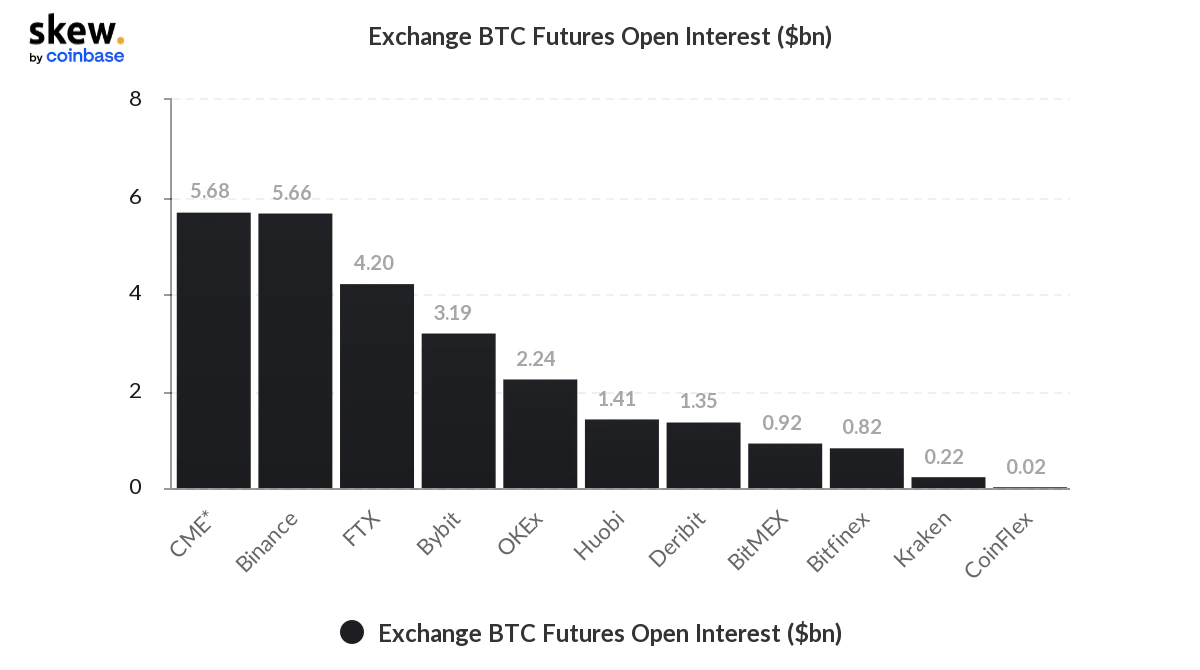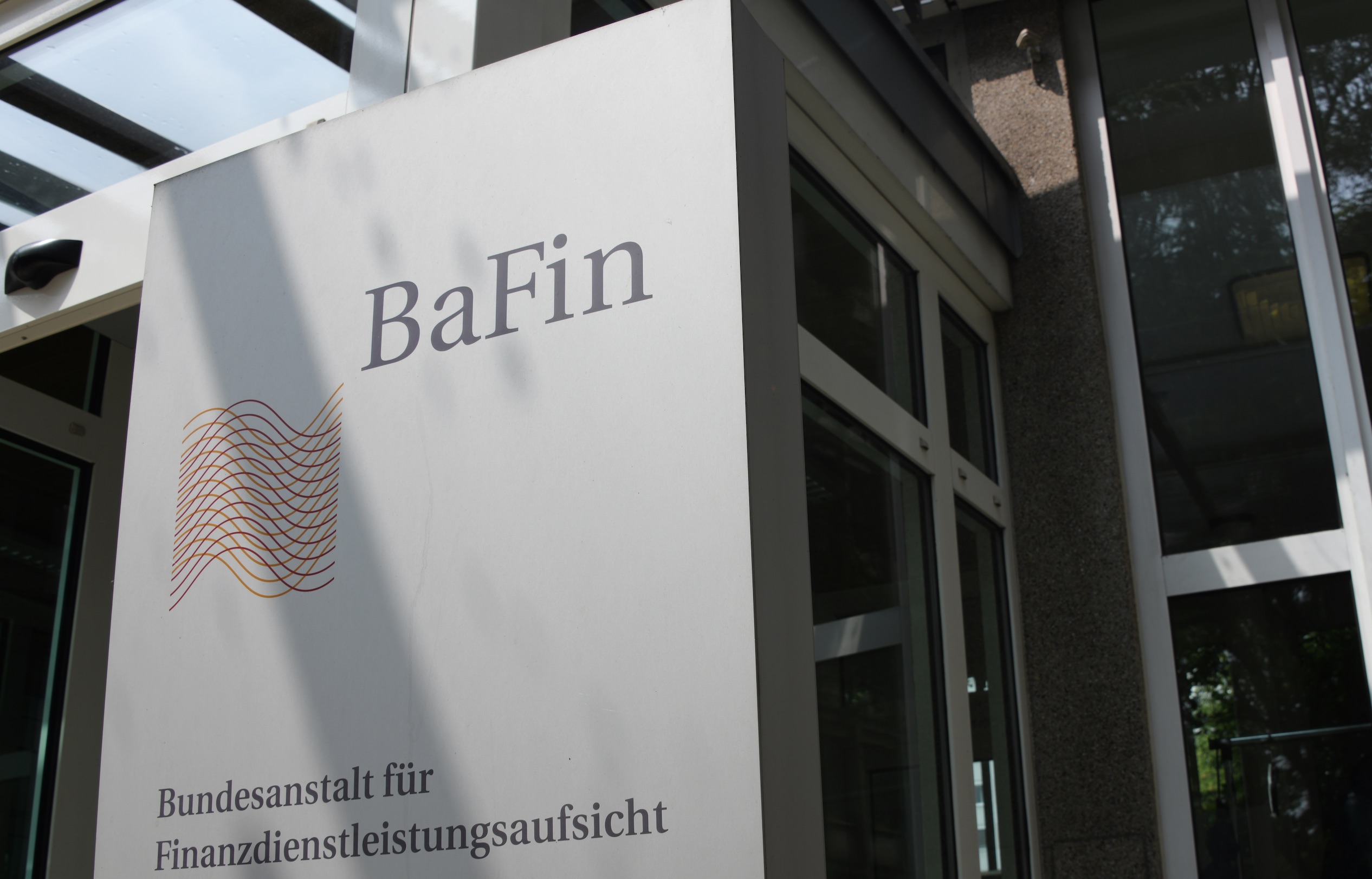Bitfinex: NYAG’s Order Is Hurting Our Customers and the Crypto Market

Bitfinex’s customers might suffer if it can’t access a line of credit from stablecoin issuer Tether, the exchange’s attorneys argued Sunday.
In a new filing, attorneys Jason Weinstein and Charles Michael of Steptoe and Johnson, and David Miller and Zoe Phillips of Morgan, Lewis and Bockius, outlined a number of arguments for why a preliminary injunction secured by the New York Attorney General at the end of April should be canceled or modified.
Among them, the lawyers claimed the injunction would harm the startups’ customers, and in turn the market as a whole. They wrote:
“The balance of equities strongly favors Bitfinex and Tether, because a preliminary injunction would not protect anyone but would instead cause great disruption to Bitfinex and Tether — ultimately to the detriment of market participants on whose behalf the Attorney General purports to be acting.”
Since the injunction’s filing, Bitfinex’s customers have withdrawn 30,000 bitcoin and 1 million ether at least, indicating that it had a “significant” impact on the exchange, the filing said. Already, the market capitalization of “dozens of cryptocurrencies” lost $10 billion within an hour after the order came out on April 24.
The impact on USDT, the dollar-pegged cryptocurrency issued by Tether, has been much smaller, as “Tethers still trade at par to this day, despite this proceeding,” the filing states.
Stepping back, the preliminary injunction, filed under a New York state law called the Martin Act, requires Bitfinex and Tether to turn over every document pertaining to a $625 million transfer and a subsequent $900 million line of credit Tether extended to Bitfinex after the latter lost access to $850 million held by its payment processor, Crypto Capital.
The injunction also prevents Bitfinex from further drawing on the line of credit from Tether (prior to the injunction, the exchange had drawn down $700 million).
Stuart Hoegner, general counsel to both Bitfinex and Tether – which share key personnel and ownership – wrote in a filing last week that the agreements were made to protect the broader cryptocurrency ecosystem, as “Tether, and holders of tether, have a keen interest in ensuring that one of the dominant trading platforms of tethers has sufficient liquidity for normal operations.”
For its part, the NYAG’s office says that the preliminary injunction doesn’t prevent Bitfinex or Tether from conducting operations, and it needs greater clarity around the “core issues in this case,” referring to allegations that Bitfinex and Tether misled clients.
The first public hearing in the case will take place this afternoon in Manhattan.
‘Other useful purpose’
The preliminary injunction is also broader than the NYAG lets on, the companies’ attorneys claimed.
While the NYAG’s initial response said its injunction was “narrow” in scope and only prevented Bitfinex and Tether from tapping the latter’s reserves, Tether’s attorneys say this has a far-reaching impact.
For one thing, Bitfinex “needs the ‘liquidity for normal operations,’” the filing claims. The exchange previously indicated that it was using Tether’s funds to process its own customers’ withdrawals.
Perhaps more notably, the filing indicated that Tether’s reserves might be allocated to other uses, saying:
“This means that Tether must hold its $2.1 billion cash (and equivalent) reserves as is, without deploying those funds for any investment or other useful purpose, for the indefinite future.”
It is unclear what other purposes Tether’s reserves might be used for. A spokesperson for the company did not immediately respond to a request for clarification.
The filing also states that “the Attorney General is attempting to dictate how two private companies may deal with one another, and deploy their funds,” though as has been pointed out in the past, the same individual – Giancarlo Devasini, who is Bitfinex’s CFO and a director at Tether – signed both companies’ agreements.
No fraud
Bitfinex and Tether’s attorneys also argue that the NYAG’s office does not have legal standing, as no fraud occurred.
“The Attorney General faults Bitfinex and Tether for (i) having ‘failed to disclose the loss of over $850 million’ in connection with the Crypto Capital deposits, and of (ii) engaging in an ‘undisclosed, conflicted’ transaction that their customers ‘would find material,’” the filing says, adding:
“Neither of these amounts to fraud.”
Moreover, Bitfinex and Tether’s attorneys claim that the Martin Act only covers fraudulent conduct as it relates to securities or commodities, but the NYAG’s office has not proven that tethers qualify as either.
“Rather than meaningfully addressing this basic problem of the Attorney General’s jurisdiction, the Attorney General states in a footnote that this is a ‘fact-intensive question’ better left until another day, citing no evidence to support how tethers fall within the Martin Act,” the filing says.
Scott Andersen, a securities attorney who previously worked for the NYAG’s office, told CoinDesk that “what the [NYAG]’s office wants to establish is that there are New Yorkers who could be hurt by [the startups’ actions.]”
“New York wants to show that New York has a very real interest to protect New Yorkers, [and] unless the respondents can prove that New York doesn’t have jurisdiction, they have to produce the records,” he said.
Read the full response below:
450545 2019 in the Matter of the I v in the Matter of the I MEMORANDUM of LAW I 62 by CoinDesk on Scribd
Image via Shutterstock









